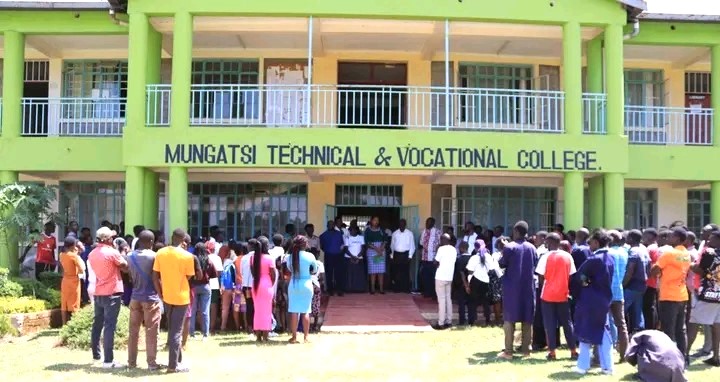The Kenya National Union of Teachers (KNUT) has expressed dissatisfaction with the Teachers Service Commission’s recent promotion of teachers.
Vice National Chairman Malel Langat described the exercise as a sham, saying the number of considered teachers was low and below their expectations.
Addressing the press in Kericho town, Langat stated that many sub counties got a few slots, with some having only one, which he says is worrying.
“We welcome the promotion of teachers carried out by TSC. However, we are unhappy with the number of the promotions. Some counties got a few slots while others only got one,” he said.
He says many teachers have progressed in their careers and now have advanced in education but have remained in the same grades over the years.
READ ALSO: Principals on brink financial crisis schools takes its toll
He now wants the problem urgently addressed so that teachers can be motivated and easily meet their families’ needs.
“Many of our teachers have progressed in their careers, and we have masters and degree holders now. As a union, we demand that the teachers be promoted so that they can enjoy and provide for their families,” he said.
Langat also rooted for the increased and urgent release of capitation to schools based on the 50:30:20 ratio agreement, expressing fear that some schools could close early due to a lack of funds.
“Capitation delays have made the running of schools so difficult, and schools could even close early. We want the government to increase and release the money urgently. We had agreed that the money be released on a 50:30:20 basis for terms one, two and three, respectively,” added Langat.
However, the Ministry of Education has promised to release capitation funds to schools before the end of this week.
By Kimutai Langat
You can also follow our social media pages on Twitter: Education News KE and Facebook: Education News Newspaper for timely updates.
>>> Click here to stay up-to-date with trending regional stories
>>> Click here to read more informed opinions on the country’s education landscape






